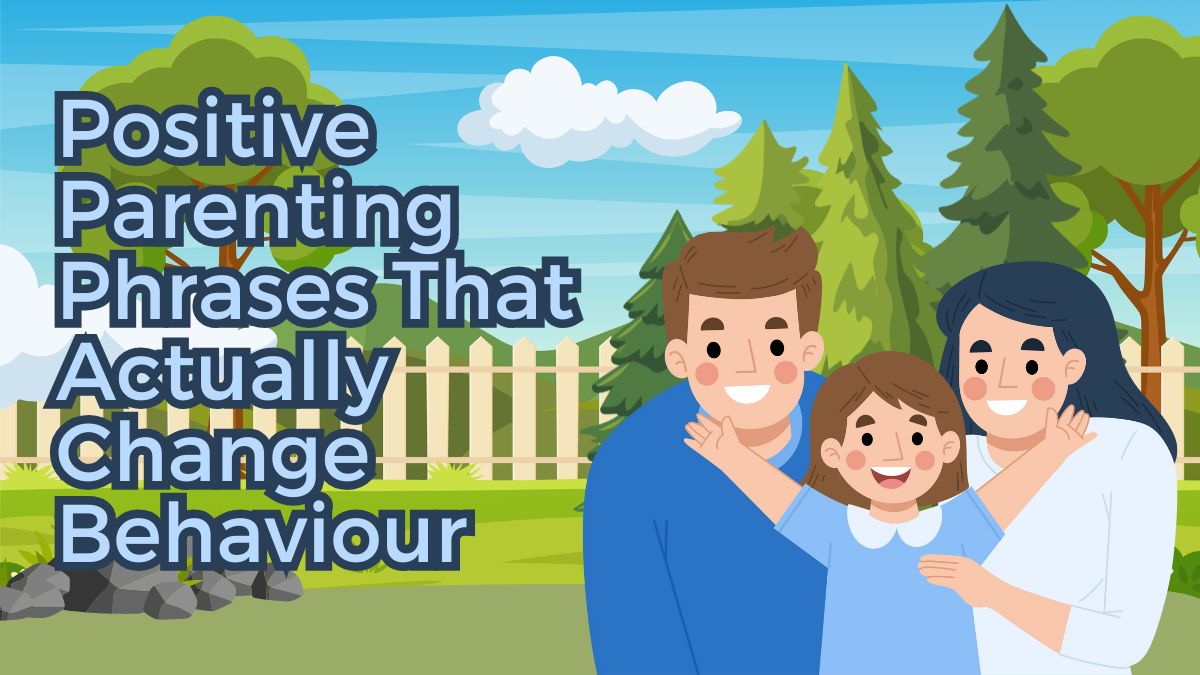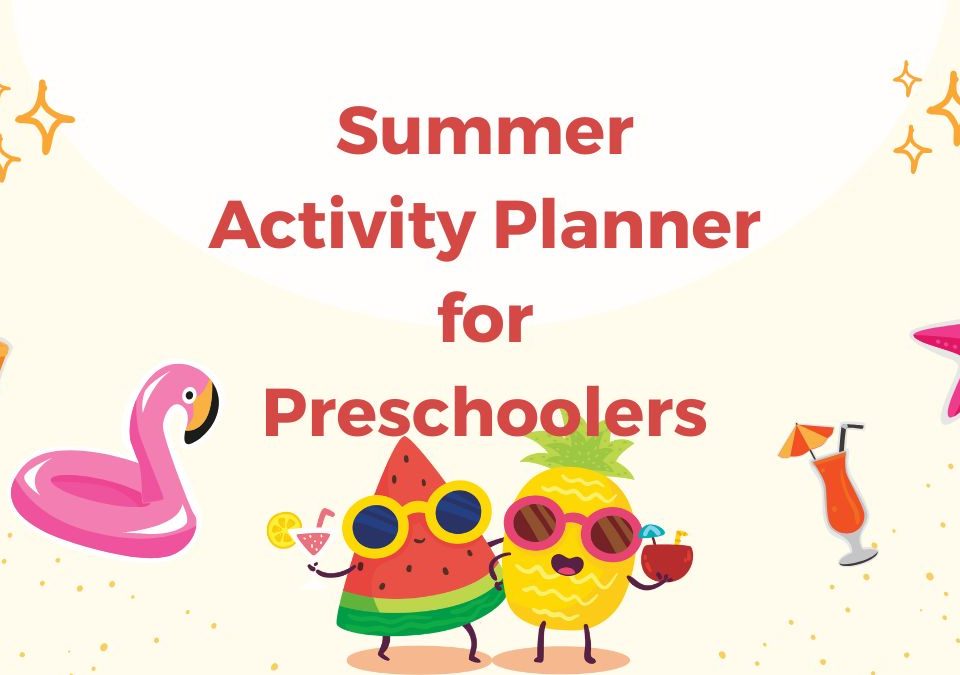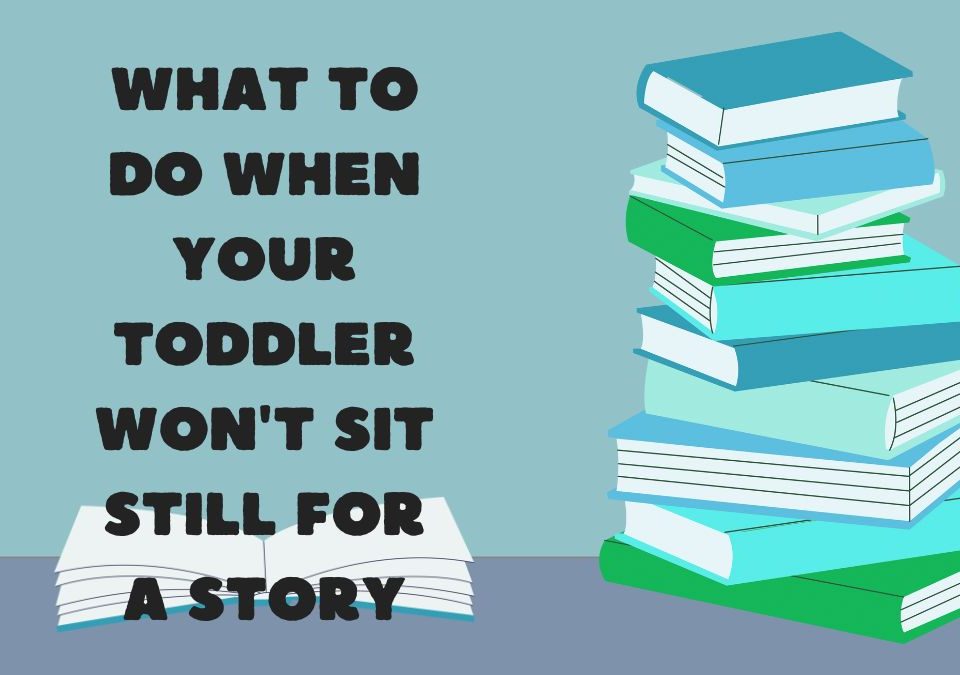
Hot Summer Activity Planner for Preschoolers (free printable)

Table of Contents
Positive Parenting Phrases That Change Behaviour
The words we use with our children matter. Research in child development shows that language shapes behaviour—not just in the moment, but in how children see themselves over time. Positive parenting phrases aren’t about sugar-coating or avoiding discipline; they’re about guiding behaviour in ways that build trust, cooperation, and emotional intelligence.
In this article, we’ll explore expert-approved phrases that change behaviour, why they work, and how to use them in everyday parenting.
Why Language Shapes Behaviour
Children learn about the world—and themselves—through the words they hear most often. According to Dr. Laura Markham, author of Peaceful Parent, Happy Kids, when parents use language that recognises feelings, sets clear expectations, and focuses on solutions, children are more likely to:
-
Feel safe and understood
-
Cooperate willingly
-
Develop problem-solving skills
-
Internalise positive self-talk
By contrast, negative or shaming language may stop behaviour temporarily but often leaves a child feeling defensive, misunderstood, or disconnected.
The Psychology Behind Positive Phrases
Positive parenting phrases are rooted in:
-
Positive reinforcement – praising desired behaviours rather than punishing undesired ones
-
Modelling respectful communication – children mirror the tone and style of speech they experience
-
Clear boundaries with empathy – balancing warmth with firmness
This approach isn’t “soft” parenting—it’s effective parenting that encourages long-term behaviour change rather than quick compliance.
7 Important Influences of Family on Young Children
10 Positive Parenting Phrases That Work—and Why
Here are practical, expert-backed phrases you can start using right away.
1. “I can see you’re feeling…”
Why it works: Naming emotions helps children process them. According to the Yale Center for Emotional Intelligence, this builds emotional literacy and reduces tantrums.
Example:
“I can see you’re feeling frustrated because it’s time to stop playing.”
2. “Let’s try that again.”
Why it works: Gives the child a chance to correct their behaviour without shaming. It frames mistakes as learning opportunities.
Example:
“Let’s try saying that in a kinder voice.”
3. “When you… then we can…”
Why it works: This cause-and-effect statement sets clear expectations and connects behaviour to natural consequences.
Example:
“When your shoes are on, then we can go to the park.”
4. “You worked really hard on…”
Why it works: Praising effort (not just results) builds a growth mindset, a concept popularised by psychologist Carol Dweck.
Example:
“You worked really hard on building that tower—it took patience!”
5. “Let’s solve this together.”
Why it works: Invites cooperation and models problem-solving, rather than commanding from above.
Example:
“Let’s solve this together. How can we clean up the blocks quickly?”
6. “I need you to…”
Why it works: It’s clear and direct without being a barked order. It avoids vague “Don’t…” statements and tells the child exactly what’s expected.
Example:
“I need you to keep your hands to yourself.”
7. “Thank you for…”
Why it works: Shows appreciation and reinforces the behaviour you want to see repeated.
Example:
“Thank you for putting your dishes in the sink without being asked.”
8. “It’s okay to feel…, but it’s not okay to…”
Why it works: Validates emotions while setting boundaries around actions.
Example:
“It’s okay to feel angry, but it’s not okay to hit.”
9. “I believe you can…”
Why it works: Communicates trust and builds a child’s self-confidence.
Example:
“I believe you can get dressed by yourself this morning.”
10. “Let’s take a break and come back to this.”
Why it works: Prevents escalation when emotions are high. Teaches children it’s okay to pause and regulate before problem-solving.
Example:
“Let’s take a break and come back to this when we’re calmer.”
Phrases to Replace
If you’re used to certain phrases that tend to escalate conflict, here are some swaps:
| Instead of… | Try… |
|---|---|
| “Stop it right now!” | “I need you to…” |
| “You’re being naughty.” | “That choice isn’t okay because…” |
| “Calm down!” | “Let’s take a deep breath together.” |
| “Because I said so.” | “This is important because…” |
| “Don’t hit your sister!” | “Keep your hands gentle with your sister.” |
How to Use Positive Phrases Effectively
-
Stay calm yourself – Words are more effective when delivered in a steady tone.
-
Get on their level – Eye contact makes children feel seen and heard.
-
Be consistent – Repeat the same phrasing so children learn what it means.
-
Follow through – If you link behaviour to a consequence, keep it predictable.
-
Pair with non-verbal cues – Touch on the shoulder, smile, or gesture for attention before speaking.
Expert Insight: The Power of Consistency
Positive Discipline founder Dr. Jane Nelsen emphasises that consistent, respectful communication is key:
“Children do better when they feel better. Positive phrases help them feel capable, respected, and part of the solution.”
This doesn’t mean being permissive. It means replacing commands or criticism with language that teaches, guides, and motivates.
Making It a Habit
Like any parenting shift, it takes practice. Try this:
-
Pick 2–3 phrases from the list
-
Use them consistently for a week
-
Notice changes in your child’s responses—and in your own tone
Over time, these words will come naturally, even in stressful moments.
Get your Positive Parenting Phrase Bank here
Final Thoughts
Using positive parenting phrases is not about avoiding discipline—it’s about delivering it in a way that works. You’re still setting boundaries and expecting respectful behaviour, but you’re doing it in a way that builds your child’s confidence, teaches self-regulation, and fosters cooperation.
Language is powerful. The words you choose today become the inner voice your child carries into adulthood. Make them count.

I am a preschool and primary school teacher and mum to 3 children. I have been involved in education since 1997 and have trained in a variety of educational specialist areas. It is with this expertise that I write articles to help parents and educators provide quality learning experiences for the children in their care.




